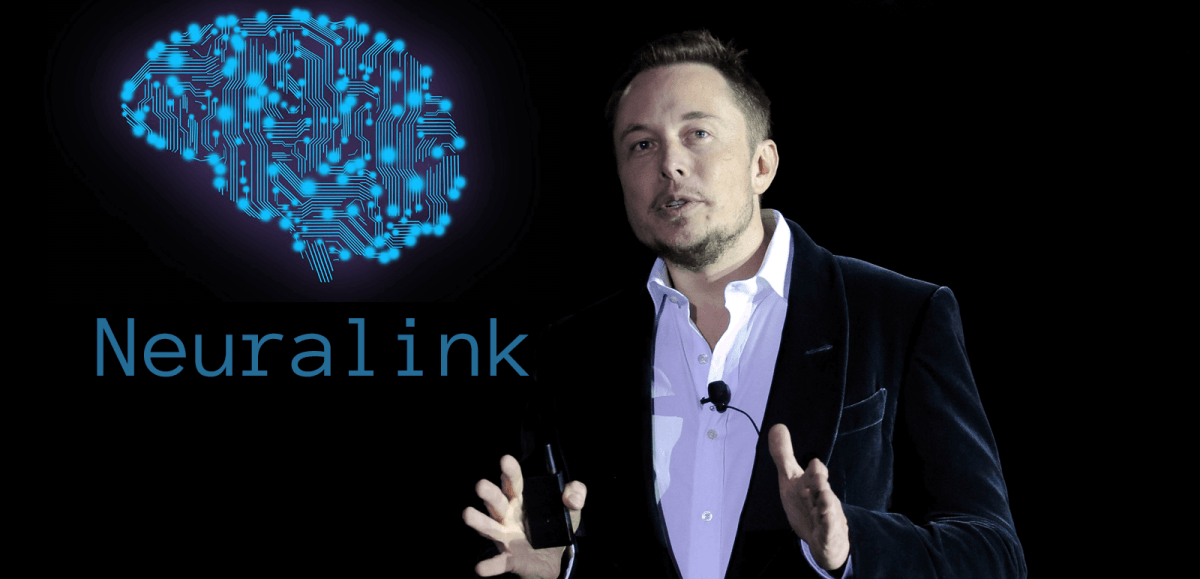Neurotechnological Advancements: Neuralink's Quest for Human Brain Integration Trial
Neuralink's ultimate goal is to develop a Brain-Computer Interface (BCI) that translates thoughts into computer instructions.

Neuralink, led by Elon Musk, is embarking on an unprecedented clinical trial and actively searching for a volunteer under 40 who is quadriplegic. This groundbreaking experiment involves a surgical procedure, facilitated by a robotic surgeon named 'R1,' to implant the revolutionary Neuralink brain chip.
Revolutionary Implant Procedure
In this cutting-edge procedure, a portion of the volunteer's skull will be delicately removed to make way for the Neuralink brain implant. Operated by the advanced robotic surgeon R1, equipped with cameras, sensors, and precise needles, the implant features 1,000 electrodes enabling a unique "think-and-click" mechanism for computer interaction through thoughts.
Transformative Technology
Neuralink's ultimate goal is to develop a Brain-Computer Interface (BCI) that translates thoughts into computer instructions. This technology holds immense potential to restore autonomy for individuals grappling with neurological conditions, such as paralysis from spinal cord injuries or ALS.
Intricate Threads and Precision
The implant procedure involves inserting ultra-thin threads, each 1/14th the diameter of a human hair, into the brain. These threads, lined with 16 electrodes, collect vital data on brain activity related to movement intention. The precision required for this task necessitates the use of advanced robots like R1 to avoid damage to essential brain tissue.
Ethical Challenges and Regulatory Complexities
Despite Neuralink's groundbreaking research, ethical controversies surround its experimental surgeries on animals, drawing criticism from animal rights groups. Regulatory challenges include negotiations with the FDA regarding safety concerns, leading to discussions on the number of participants in the trial.
Musk's Vision and Challenges Ahead
Elon Musk envisions a future where Neuralink's brain-computer interface is accessible to billions, unlocking human potential. However, the journey faces scrutiny, with claims of fraud and concerns about animal welfare. Regulatory hurdles, including FDA negotiations, highlight the challenges on the path to widespread commercial use, potentially extending the timeline beyond a decade.




